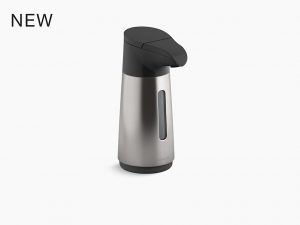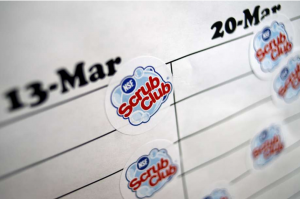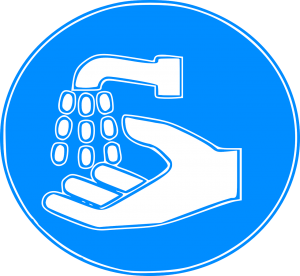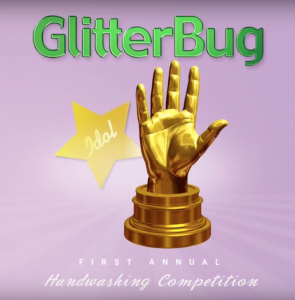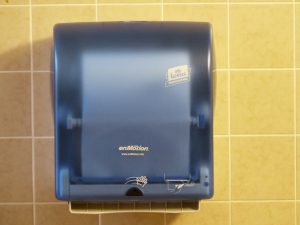
It’s that time of year again, time for spring cleaning! For you this might mean cleaning out your garage, or a complete closet overhaul. Whatever your situation, spring cleaning is also a great time for a routine deep-cleaning of some of the spots in your home most likely to accumulate germs.
It may not surprise you to know that a high concentration of germs is likely to be found in areas we frequently touch with our hands. We know washing our hands is the best way to prevent the spread of infection, so it’s easy to understand the need for cleanliness in areas we often touch with our hands.
Here are just five:
Bathroom Sinks Some studies suggest bathroom sinks are often dirtier than toilet seats! Use an antibacterial spray for a five-minute soak before wiping it down, and polish handles and spouts with vinegar.
Kitchen Countertops Before using and after meal prep, make sure your workspace is clean. How you clean it depends on the kind of countertop you have. While you’re at it, pay special attention to corners, and also any appliances you use.
Doorknobs and Drawer Handles Whether you’re coming in from outside or taking the trash out, a whole world of germs is daily introduced to doorknobs. Again, your cleaning method depends on the kind of knobs and handles you have (brass and silver, for example, require special cleaners), but clean these areas weekly.
Switchplates Turning a light on or off can be done in under one second, but think about how often we do this throughout the day. Use a warm, wet cloth with dish soap to clean switch plates once per week.
Devices and Screens These might be the most-touched– and least-cleaned– items in most homes. Do not get electronics wet while cleaning; when a damp cloth is needed, be sure to immediately dry. Use canned air or a microfiber cloth for keyboards. Touchscreen wipes can be used on cellphones and other screens.
If you haven’t already begun your spring cleaning, these are some good places to start. Keeping these areas clean reduces re-contamination of your hands.
Sources:
http://www.familycircle.com/home/cleaning/vanquish-the-germiest-spots-in-your-home-0/
https://www.cdc.gov/features/handwashing/
Photo courtesy of Pixabay:

